Kyverna and Charité Join Forces to Revolutionize Autoimmune Disease Treatments
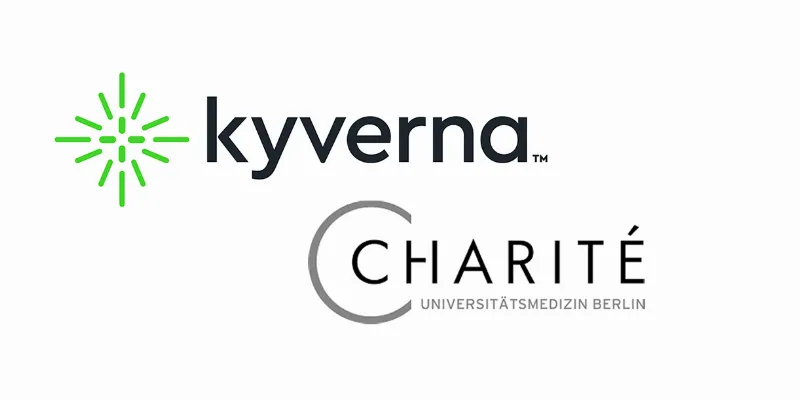
3 November 2023
In a groundbreaking collaboration, Kyverna Therapeutics and Charité - Universitätsmedizin Berlin are investigating novel therapies targeting B-cells and plasma cells for autoimmune diseases. The research focuses on the immunological impacts of CAR T-cell therapy, including a promising anti-CD19 CAR T-cell construct, KYV-101, which has shown reduced side effects and improved persistence in a Phase 1/2 study.
Kyverna Therapeutics, a trailblazer in clinical-stage cell therapy, has joined forces with Charité - Universitätsmedizin Berlin's Department of Rheumatology and Clinical Immunology. This multi-year research funding agreement is poised to delve into the effects of B-cell and plasma cell-targeting therapies, including the innovative CAR T-cell therapy, on patients grappling with systemic autoimmune diseases.
Kyverna's latest endeavor, KYV-101, stands at the forefront of this research. It is a cutting-edge, fully human anti-CD19 chimeric antigen receptor (CAR) T-cell construct that has shown promising potential in treating B-cell-driven autoimmune conditions, such as lupus nephritis. The therapy builds upon the positive outcomes of a Phase 1/2 clinical trial involving patients with B-cell lymphoma, where it demonstrated a significant decrease in cytokine release, thus curtailing cytokine-driven side effects like immune effector cell-associated neurotoxicity syndrome (ICANS).
Furthermore, the humanized nature of KYV-101 has been linked with reduced immunogenicity, thereby fostering better persistence of the CAR T-cells a month post-treatment. These attributes have not only positioned KYV-101 as a beacon of hope for autoimmune disease patients but have also earned Kyverna exclusive worldwide licenses from the National Institutes of Health (NIH) to exploit this CAR construct in various therapies.
"We see this opportunity as a further demonstration of how physician scientists at Charité can effectively collaborate with leading biotech companies in studying and understanding changes in the molecular and cellular immune signature of patients with systemic autoimmune diseases that receive different B-cell and Plasma cell-targeting therapies as part of their routine treatment at our Institution," said Prof. Dr. Gerhard Krönke, Director of the Department of Rheumatology and Charité's Project Manager.
The collaborative research will meticulously profile immune cells, including B-cells and T-cells, before and after therapy administration, offering unprecedented insights into the immunological shifts that occur with treatment. This initiative not only underscores the synergy between the expertise of Charité's physician-scientists and Kyverna's biotech innovation but also promises to redefine standard care for those battling systemic autoimmune diseases.
"Our collaboration with Dr Krönke and his team at Charité will help advance knowledge on B-cell driven diseases, which will increase our understanding of how patients suffering from autoimmune diseases can further benefit from our potentially life-saving therapies," said Peter Maag, Ph.D., chief executive officer of Kyverna Therapeutics.
Kyverna Therapeutics and Charité are not merely pooling resources; they are sharing a vision where the results of this venture could lead to transformative, life-saving therapies. With such a partnership, the future for individuals living with autoimmune diseases looks not just hopeful, but brighter and more certain.
About KYV-101
KYV-101 is an autologous version of a novel, fully human clinical-stage anti-CD19 chimeric antigen receptor (CAR) T-cell construct with properties well suited for use in B cell-driven autoimmune diseases such as lupus nephritis and other B-cell driven autoimmune diseases. In a 20-patient Phase 1/2 study in oncology, expected anti-lymphoma activity was associated with a significant reduction of cytokines released that translated into a strong reduction of cytokine-driven side effects such as the rate of immune effector cell-associated neurotoxicity syndrome (ICANS)1. The fully human anti-CD19 CAR also translated into reduced immunogenicity that favorably impacted cell persistence at one month. Kyverna recognized that these properties singled out KYV-101 as a product ideally poised for use in autoimmune disease patients, and the company obtained exclusive, worldwide licenses from the National Institutes of Health (NIH) to use this CD19 construct in both autologous and allogeneic CAR T-cell therapies.
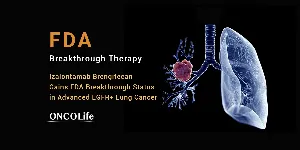
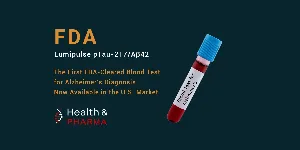
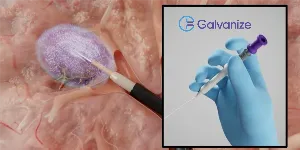
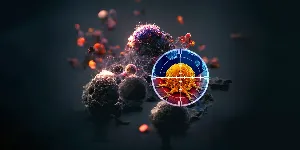
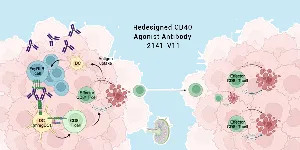



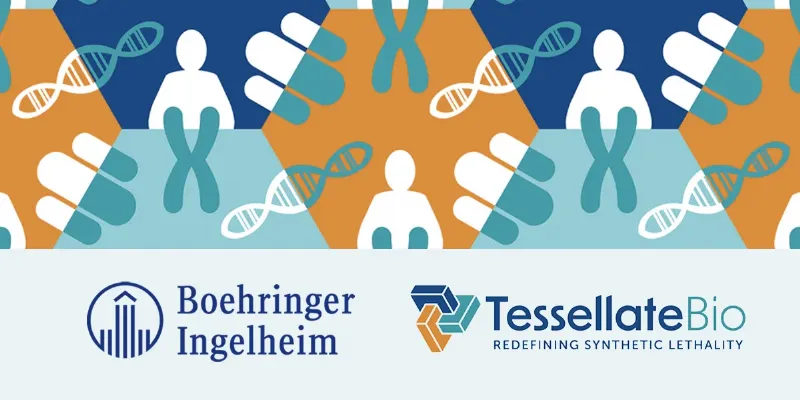


Comments
No Comments Yet!